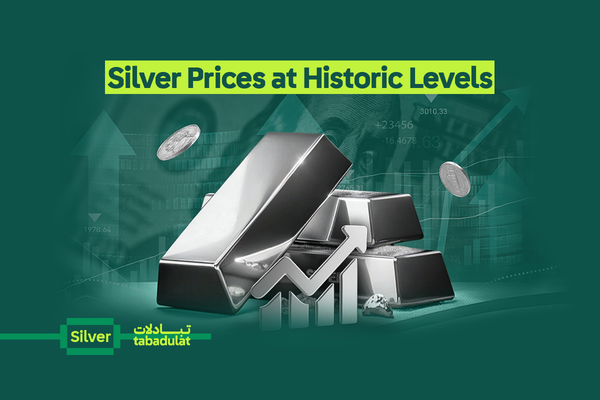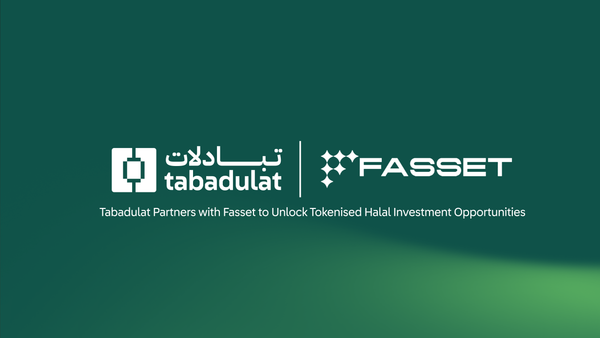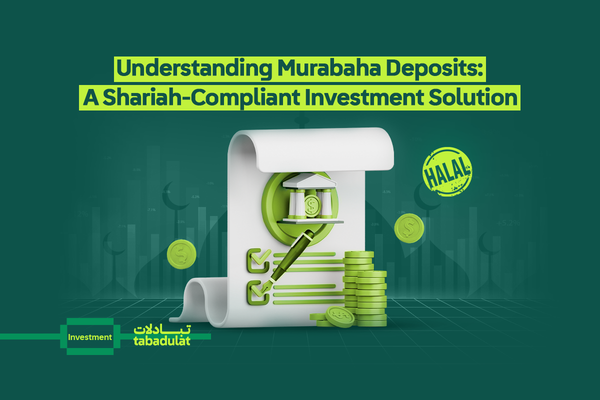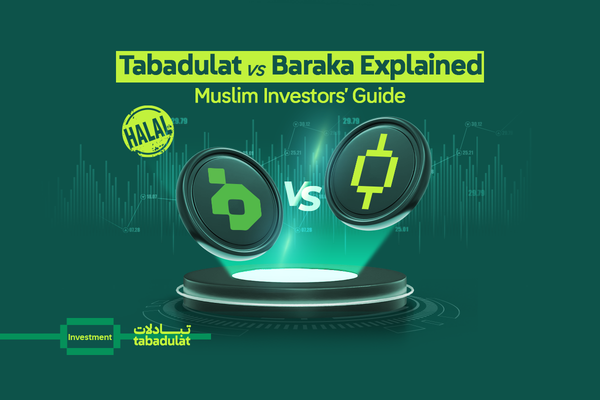Figma’s 250% IPO Surge. Is It Halal for Muslim Investors?
Figma’s IPO made headlines with a 250% surge, but does it align with Islamic investing principles? This article explores its business model, riba exposure, and Shariah screening status, highlighting why Figma is not considered halal for Muslim investors.
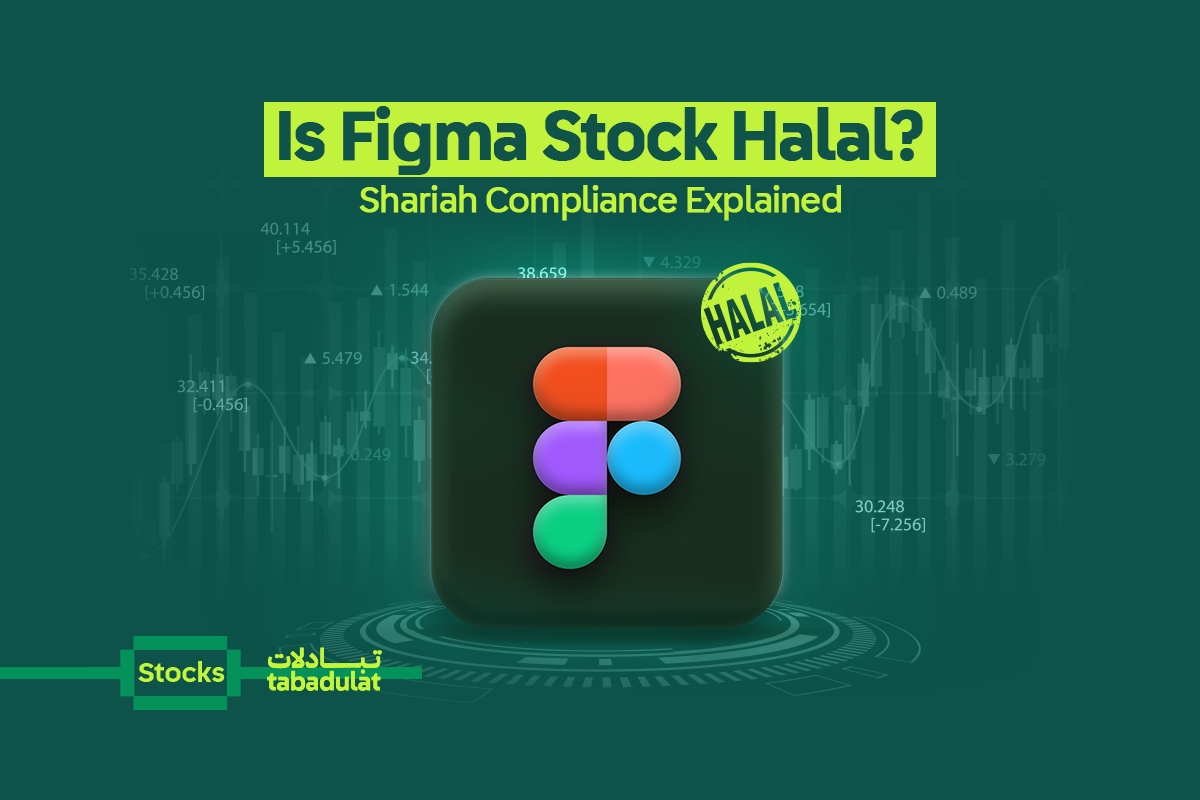
Figma, the design software company founded by Dylan Field, made headlines after its stock skyrocketed 250% on its first day of trading on the New York Stock Exchange. This impressive debut pushed the company’s value to $68 billion, making it one of the biggest tech IPO successes in years. The IPO also signals a strong comeback for the tech market after a quiet period.
For Muslim investors who prioritise Halal investing and ethical finance, it's not just about profits; it's about ensuring that investments adhere to religious principles. Figma is a fast-growing tech company, but can it fit into your Islamic portfolio?
With the buzz around Figma, it's more important than ever to use a solid halal stock screener and do proper Shariah screening before investing. In this article, we examine Figma's business model, verify whether it's riba-free and interest-free, and assess whether it meets the standards of Shariah-compliant investing.
You'll learn how Islamic finance works, get insights from a Shariah board, and explore how tools like Halal ETFs are helping Muslims invest in today’s changing markets. Whether you're new to halal investing or have experience, understanding the rules of Shariah compliance is crucial for building a strong, ethical, and successful Islamic portfolio.
Figma's Story
Dylan Field, now 33, started Figma in 2012 with cofounder Evan Wallace while still in college. Field took a $100,000 fellowship from billionaire Peter Thiel, left school, and focused full-time on building the company. He had already interned at big tech names like Microsoft and LinkedIn, gaining experience that helped him bring Figma to life.
Figma launched publicly in 2016 and quickly gained popularity. By 2021, it was valued at $10 billion. In 2022, Adobe tried to buy the company for $20 billion, but the deal was blocked due to regulatory concerns. Instead of slowing down, Figma continued to grow, earning $749 million in revenue in 2024 and serving 13 million users, including 95% of Fortune 500 companies.
After the IPO, Field said this is just the beginning, promising even more innovation ahead. His story demonstrates how bold ideas and early support from investors can lead to massive success.
Figma's stock price soared by 250% from its $33 IPO to over $115 per share on debut, pushing its market cap to $68 billion in hours.
What Is Figma and How Does It Make Money?
Figma is a collaborative design software company that has revolutionized how teams create digital products. Its core revenue comes from cloud-based subscriptions, which it sells to both enterprise clients and small businesses. The platform enables real-time collaboration, making it indispensable for remote product development and digital transformation strategies. According to their IPO filing, subscription sales accounted for over 90% of Figma's $800 million in annual revenue last year, with the rest generated from training, support, and enterprise integrations.
In 2024, Figma's annual revenue exceeded $800 million, with more than 90% of the revenue derived from software subscriptions.
What sets Figma apart is its focus on accessibility and collaboration, traits that have helped it outpace legacy competitors, such as Adobe, and even tech giants like Nvidia. Its business model is asset-light and tech-driven, with minimal exposure to physical goods or conventional finance.
To find out if investing in Nvidia is Shariah-compliant. Read our blog...
Islamic Finance & the Modern Muslim Investor
As the financial system continues to evolve, many Muslim investors are actively seeking investment options that align with Islamic principles. These include avoiding riba (interest), promoting profit and loss sharing, and steering clear of industries prohibited in Islam. Understanding what makes an asset halal or haram is essential for making confident investment decisions.
Shariah-compliant stocks, particularly those in the USA, are growing in popularity as Muslims aim to build portfolios that adhere to Islamic guidelines. Tools like Zoya, Tabadulat, and Musaffa offer platforms that simplify halal screening, making it easier to choose investment opportunities that are both ethical and financially sound.
Shariah Compliance and Investment Screening
Does Figma meet halal investing criteria? At the heart of Shariah-compliant investing lies a commitment to ensuring that a company’s business model and financial structure align with Islamic principles. This means avoiding prohibited (haram) activities such as gambling, alcohol, and interest-based finance, while also meeting strict financial ratio benchmarks set by recognized Islamic finance standards like those of AAOIFI (Accounting and Auditing Organization for Islamic Financial Institutions).
While Figma may appear to meet some surface-level criteria, a closer look reveals that it does not meet Shariah compliance standards. Notably, its interest income accounts for approximately 7.48% of total revenue, exceeding the AAOIFI threshold of 5%. This alone disqualifies the stock under widely accepted Islamic finance guidelines. Additionally, its founder’s public support for political causes raises ethical and moral concerns for many faith-based investors seeking to align their portfolios with Islamic values.
For investors committed to riba-free and ethically aligned investments, Figma does not currently represent a halal opportunity. It also does not offer sukuk or profit-sharing instruments and is not structured to meet the needs of Islamic portfolio strategies.
Ultimately, this highlights the importance of going beyond surface-level financial checks. A company might meet numerical thresholds but still fall short of ethical or operational compliance. That’s why regular screening with trusted halal stock tools and staying informed about leadership positions and evolving business practices is essential.
How to Invest in Sukuk Bonds & Tangible Assets
For those looking beyond traditional stocks, sukuk bonds are becoming a popular option. These Shariah-compliant instruments offer a fixed return based on asset ownership, rather than interest (riba), making them an ideal solution for investors who avoid conventional banking systems and interest-based savings accounts.
Unlike conventional bonds that pay interest, sukuk investments are backed by a tangible asset, such as real estate or infrastructure projects. This makes them not only compliant but also appealing to risk-averse investors seeking ethical long-term or short-term options that align with their faith.
Click to learn about the different types of Sukuk.
Is Investing Haram?
A common question many ask is: Is investing haram? The answer depends on the type of investment. Investing becomes haram when it involves forbidden industries or relies on interest-bearing activities. But with the rise of Islamic banking and finance, Muslim investors now have access to a growing list of halal investment opportunities, from Shariah-compliant ETFs to Islamic mutual funds, sukuk, and equity portfolios.
Thanks to platforms like Tabadulat, Muslims can now develop investment strategies that adhere to Islamic principles while still accessing the global stock market. Whether you’re buying and selling shares or evaluating a savings plan, your success depends on making informed, values-based decisions that reflect your faith and financial goals.
The Role of Ethical Investing in Modern Finance
As the world moves toward greater transparency and social responsibility, ethical investing is gaining traction. For Muslim investors, this often means selecting companies that not only avoid interest but also actively adhere to Islamic values. This growing awareness is helping reshape how faith-based investors view wealth-building, placing purpose and accountability at the center of every transaction.
Whether you're evaluating online brokers to determine if online trading is halal in Islam or comparing the purity of tech stocks like Nvidia, your investment journey should always begin with clear guidance and strong research.
FAQs
When did Figma go public?
Figma transitioned from a private company to a publicly traded one after listing on the New York Stock Exchange. The company filed confidentially with the SEC in April 2025, lodged its Form S‑1 publicly on 1 July 2025, and shares began trading on 31 July 2025 under the ticker FIG.
Is Adobe buying Figma?
No. Adobe’s proposed acquisition of Figma for around US$20 billion was terminated in December 2023, primarily due to antitrust concerns in both the UK and EU, and Adobe paid a $1 billion breakup fee. Since then, there have been no credible reports that Adobe, Microsoft, or any other company is pursuing Figma.
How do I buy an IPO directly?
To participate in an IPO, you usually need a brokerage account with IPO access a feature not universally available. These accounts may be offered to institutional or experienced retail investors, but conditions vary by country and broker.
Is Figma a Halal investment?
No, Figma is not a halal investment. While it meets some financial thresholds, its funding sources and non-compliant partnerships violate AAOIFI standards.
What is the IPO price of Figma?
Figma priced its IPO at US$33 per share, within an updated range of $30–32, raising approximately US$1.22 billion through the sale of ~36.9 million shares. The company received roughly $411.7 million; the remainder was from selling shareholders.
Is Figma on the stock market?
Yes. As of 31 July 2025, Figma is publicly traded on the NYSE under the ticker FIG, and retail investors can buy shares through regular brokerage platforms that support US-listed equities.
Is it worth buying Figma stock?
Whether Figma is a worthwhile investment depends on your personal financial goals and risk appetite. Its IPO debut was highly successful, with shares surging 150–250% above the initial price, valuing the company between $44 bn and $68 bn by the close of trading.

